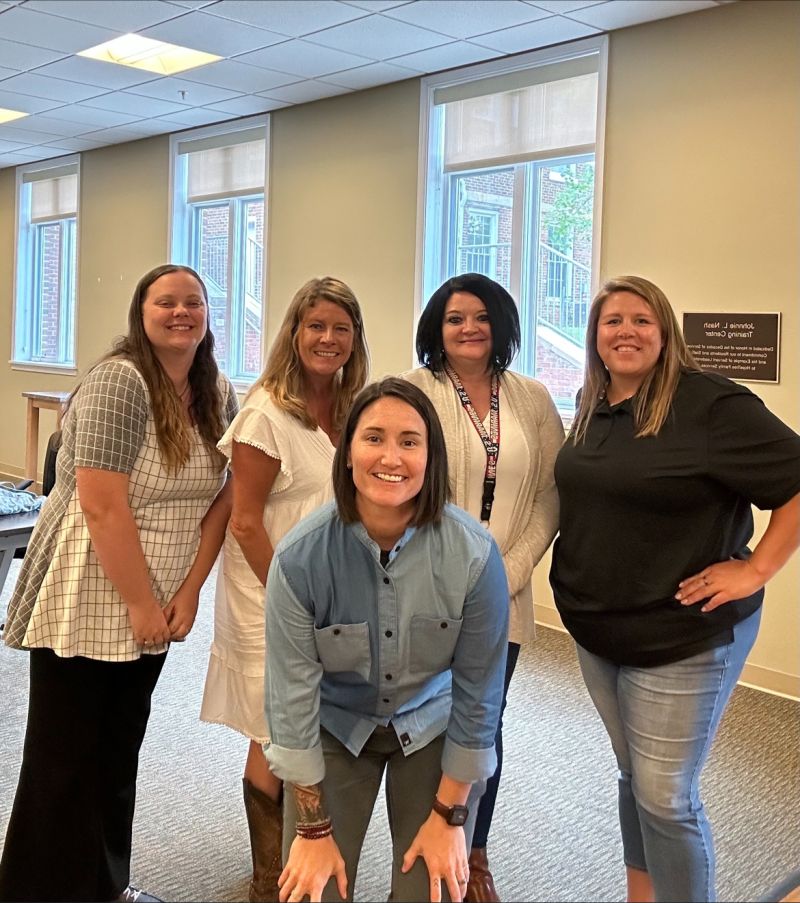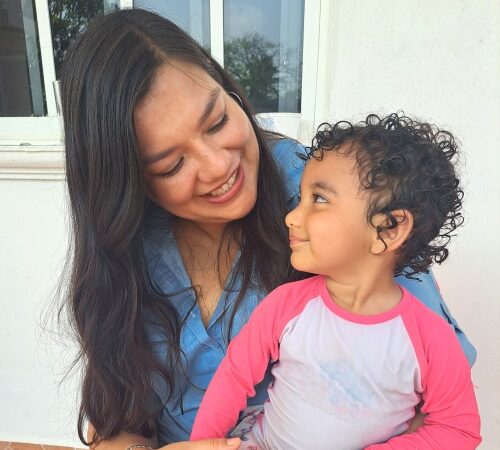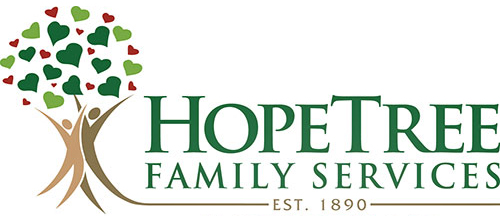Family Centered Treatment® is an evidenced community-based service that takes a collaborative approach in helping families.
About the Program
Family Centered Treatment® addresses the needs of a family as a whole, recognizing that what affects one family member affects all family members. The program is home- and community-based by nature, providing a more intensive multiple hours per week-and collaborative approach to addressing family system breakdown.
The frequency and nature of our visits strengthen the rapport with the family and, ultimately, contributes to our effectiveness. FCT also includes the ability to address trauma while being broad enough to be able to serve families and youth with a mental health diagnosis or history of delinquent behavior.
These factors match up well with the varying needs of many moderate to high-risk family preservation cases. In addition, the FCT model has extensive experience with youth who move between the child welfare and juvenile justice systems known as cross-over youth, allowing us to work effectively with youth and families from either DSS or Probation.

Target Population
- No reject or eject policy: we aim to serve all referrals
- Youth with a mental health diagnosis
- Youth with a history of delinquent behavior
- At-risk youth and families.
- Stabilization to prevent out-of-home placements
- Reunification with biological or kinship placements
- Step-down from acute or residential levels of care
Phases of Treatment
- Joining & Assessment: FCT clinicians respond quickly to referrals, engaging the family when they are more likely to be highly motivated to examine and change behaviors.
- Restructuring: Goals determined during the initial phase guide the family to negotiate tasks associated with daily living, eventually becoming regular rules of interacting.
- Value Change: Sustainable change in a family system occurs when the behavioral changes made during restructuring are valued and seen as necessary by the family.
- Generalization: Family progression determines the timing of closure, using a detailed process that evaluates changes made and the family’s ability to use strategies independently.

Why FCT®
- It is a researched, viable alternative to residential, hospitalization, and other community-based programs.
- FCT believes sustainable change is achieved when people accept the value of the improvements they have made in their lives.
- It gets to the functions of behaviors rather than simply treating the symptoms
- FCT is based on the belief that family members are independent parts of a larger system, each with their own view of the situation.
- FCT study results have shown lower rates of out-of-home placements.
FCT, an evidence-based model that is owned by a not-for-profit organization, has resulted in significant cost savings for states, funding sources and service providers. Compared with other major EBP’s, FCT can have significantly lower startup and implementation costs.
When implemented, FCT can have a positive impact on critical business elements such as: marketing and collateral relations, clinical goal planning and documentation, team effectiveness and staff retention, utilization review of necessity for services, hiring motivated clinicians, and improving data collection, research and distribution. These factors make FCT a progressive encompassing model for agencies ready to implement an evidence-based model.
Learn more about FCT’s cost effectivness here: https://www.familycenteredtreatment.org/cost-effects
Trauma includes physical, sexual and institutional abuse, neglect, intergenerational trauma, and disasters that induce powerlessness, fear, recurrent hopelessness, and a constant state of alert. Trauma impacts one’s spirituality and relationships with self, others, communities and environment, often resulting in recurring feelings of shame, guilt, rage, isolation, and disconnection. Healing is possible.
Although exact prevalence estimates vary, there is a consensus in the field that most consumers of mental health services have experienced a trauma event and that their trauma experiences help shape their responses to outreach and services. Likewise, some form of systemic trauma to one or more individuals has been identified in >70% of referred FCT cases.
When a human service program takes the step to become trauma-informed, every part of its organization, management, and service delivery system is assessed and potentially modified to include a basic understanding of how trauma affects the life of an individual seeking services. Trauma-informed organizations, programs, and services are based on an understanding of the vulnerabilities or triggers of trauma survivors that traditional service delivery approaches may exacerbate, so that these services and programs can be more supportive and avoid re-traumatization.
Learn more here: https://www.familycenteredtreatment.org/traumatreatment
Since its inception in 1988 and as FCT developed, the model has maintained fidelity to the fundamental best practice standards / components for intensive in home services: (Definition of Home Based Family Centered Treatment – Stroul, 1988).
See the latest reports and publications on FCT here: https://www.familycenteredtreatment.org/publications-reports
Testimonials
Check out some of these great responses when families were asked “what advice would you give to another family starting their FCT journey?”!
Let's Get Started!
If you have any questions, please contact:
Family Centered Treatment Team
FCT@HopeTreeFS.org
1-800-859-1002





